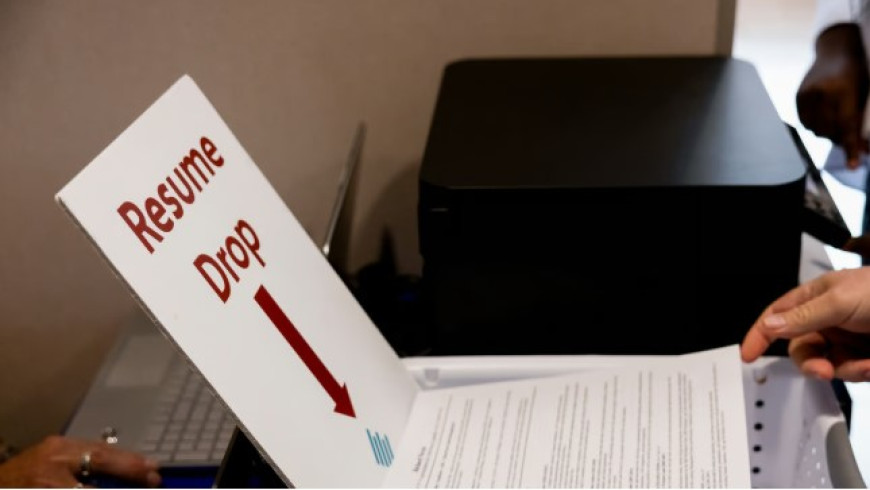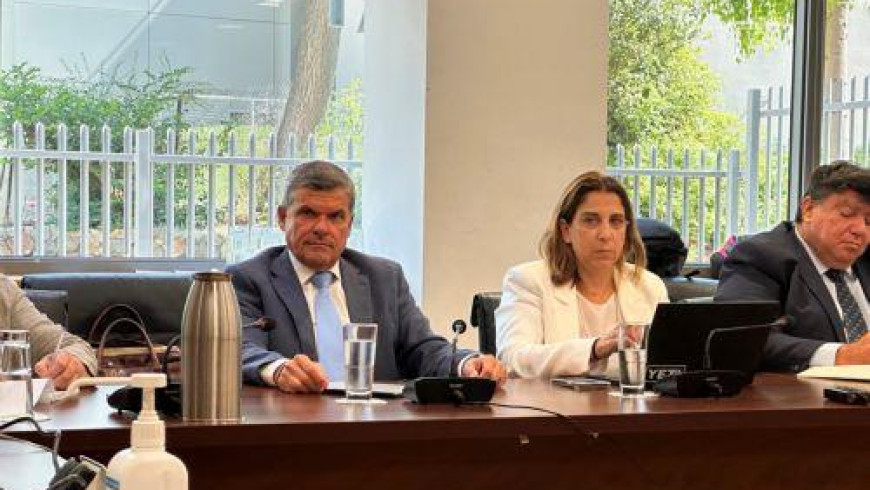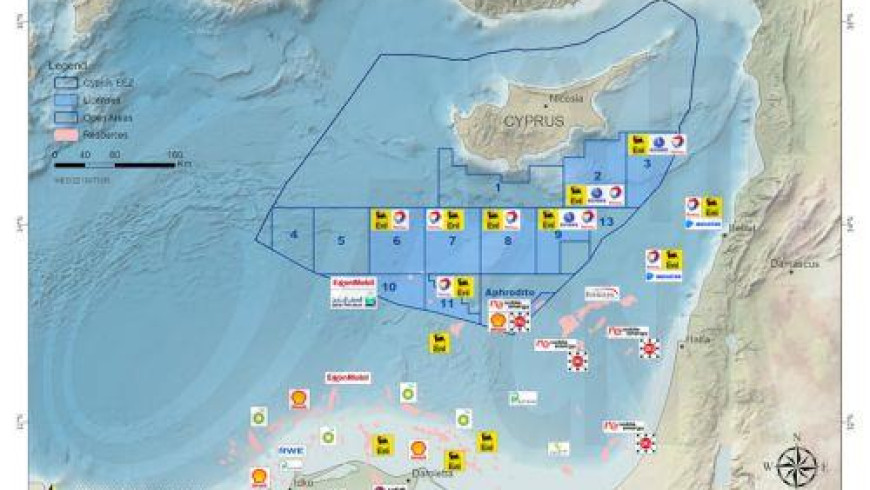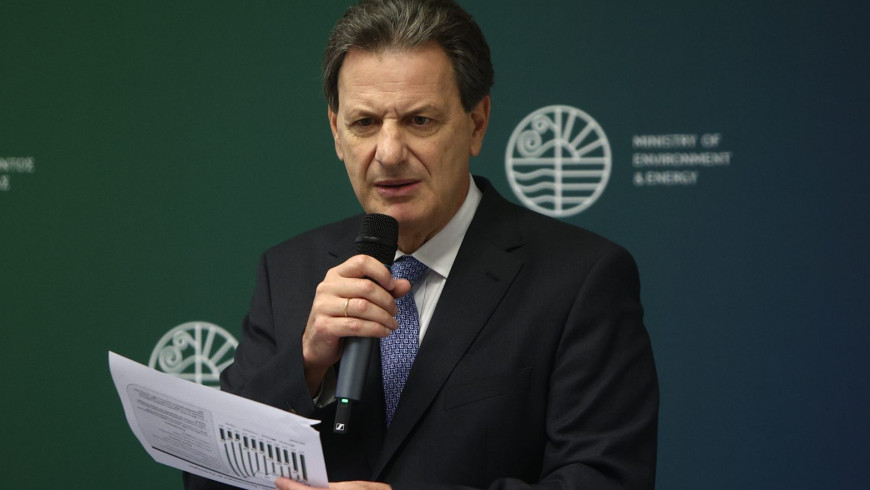
A former top executive at Anglo-Dutch oil giant Shell says he was ousted from his post "without credible explanation" after the firm downgraded its reserves.
Walter van de Vijver, formerly Shell's exploration and production chief, said he found problems with the classifying of reserves when he took up the post.
He added he was cooperating fully with investigations into the matter.
The main US financial watchdog began an inquiry into the firm after it slashed its reserves by 20% in January.
Mr van de Vijver also attacked what he called Shell's "misleading" portrayal of his role in the affair.
Disclosure calls
He said he brought his findings on Shell's reserves to the attention of the company's managing directors committee.
"I introduced improved controls, guidelines and technical rigour in the exploration and production unit," he added.
And by late 2003, when the "magnitude" of overstating the firm's reserves became apparent, he says he was the one leading the calls for "full disclosure" of the issue.
He said: "I persisted in calling for full and prompt disclosure to the company's joint boards and to the public."
Shell's problems began in January when it shocked investors by warning that - according to tightened US market rules - it had overstated its reserves by 3.9 billion barrels or 20%.
The US Securities and Exchange Commission (SEC) subsequently launched a formal probe into the affair in February.
On 3 March, Mr van de Vijver says he quit his post after he was "asked to resign".
Crisis deepens
Chairman Sir Philip Watts also bowed to pressure and resigned to be replaced by Jeroen van der Veer, boss of the company's Dutch arm.
However, the crisis at the oil firm deepened last month when it downgraded its reserves a second time - cutting 250 million barrels from 2002 reserves, and a further 220 million from the figure for 2003.
The revelation prompted the firm to delay its annual report until June.
As a result the group is now also under investigation by the US Justice Department, the UK's Financial Services Authority and the Netherlands' market regulator AFM.
The company is listed on exchanges in all three countries.
Shell is also facing a number of class action lawsuits launched by shareholders in the US.
Meanwhile, reports say an internal investigation into the affair is expected to be completed in several weeks time.
Walter van de Vijver, formerly Shell's exploration and production chief, said he found problems with the classifying of reserves when he took up the post.
He added he was cooperating fully with investigations into the matter.
The main US financial watchdog began an inquiry into the firm after it slashed its reserves by 20% in January.
Mr van de Vijver also attacked what he called Shell's "misleading" portrayal of his role in the affair.
Disclosure calls
He said he brought his findings on Shell's reserves to the attention of the company's managing directors committee.
"I introduced improved controls, guidelines and technical rigour in the exploration and production unit," he added.
And by late 2003, when the "magnitude" of overstating the firm's reserves became apparent, he says he was the one leading the calls for "full disclosure" of the issue.
He said: "I persisted in calling for full and prompt disclosure to the company's joint boards and to the public."
Shell's problems began in January when it shocked investors by warning that - according to tightened US market rules - it had overstated its reserves by 3.9 billion barrels or 20%.
The US Securities and Exchange Commission (SEC) subsequently launched a formal probe into the affair in February.
On 3 March, Mr van de Vijver says he quit his post after he was "asked to resign".
Crisis deepens
Chairman Sir Philip Watts also bowed to pressure and resigned to be replaced by Jeroen van der Veer, boss of the company's Dutch arm.
However, the crisis at the oil firm deepened last month when it downgraded its reserves a second time - cutting 250 million barrels from 2002 reserves, and a further 220 million from the figure for 2003.
The revelation prompted the firm to delay its annual report until June.
As a result the group is now also under investigation by the US Justice Department, the UK's Financial Services Authority and the Netherlands' market regulator AFM.
The company is listed on exchanges in all three countries.
Shell is also facing a number of class action lawsuits launched by shareholders in the US.
Meanwhile, reports say an internal investigation into the affair is expected to be completed in several weeks time.














 3287.99
3287.99 1275.09
1275.09
